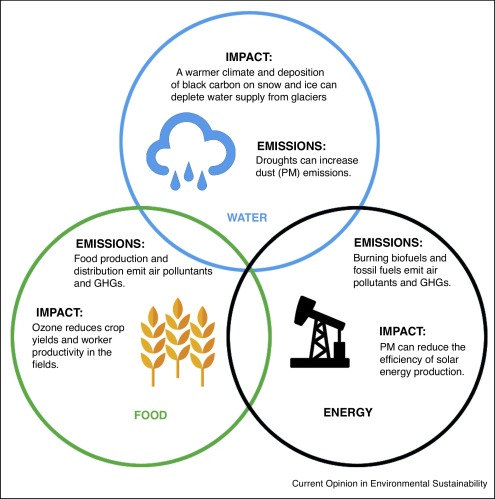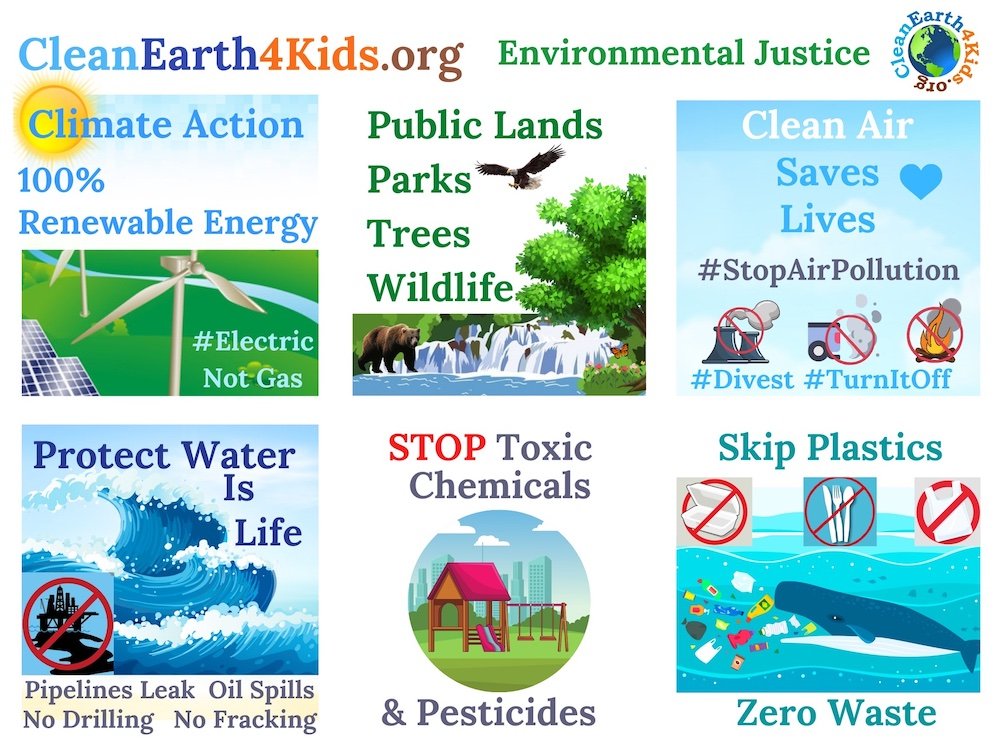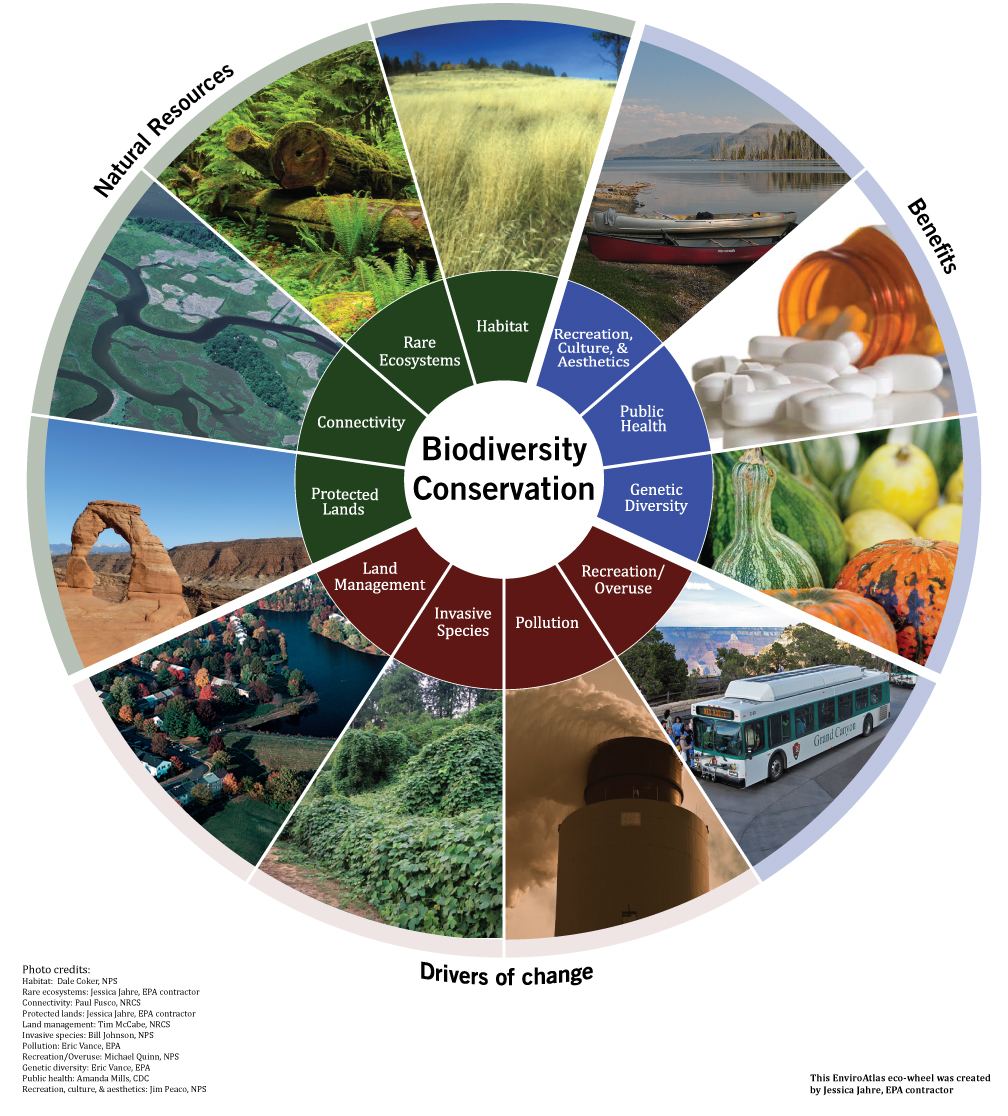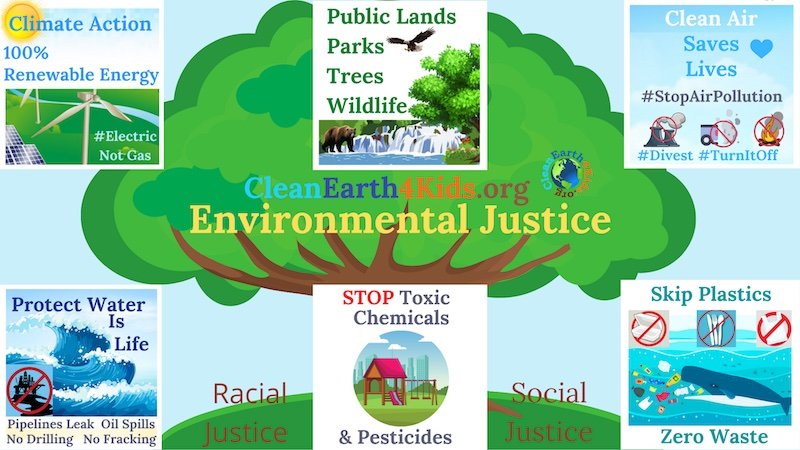The Impact of Environmental Health on Sustainability
In today’s rapidly changing world, environmental health plays a crucial role in ensuring the long-term sustainability of our planet. With increasing concerns about climate change and the depletion of natural resources, it is more important than ever to understand the connection between environmental health and sustainability. In this blog post, we will explore the various ways in which environmental health impacts sustainability and provide actionable steps to promote a healthier environment for future generations.
1. Air Quality and Climate Change
One of the most significant factors affecting environmental health is air quality. Poor air quality, often caused by pollution from industries and vehicles, not only poses health risks to humans but also contributes to climate change. Harmful gases, such as carbon dioxide and methane, trap heat in the Earth’s atmosphere, leading to global warming and ecological imbalances. To address this, individuals and businesses can support clean energy solutions, reduce their carbon footprint, and advocate for stricter environmental regulations.
2. Water Conservation and Ecosystem Preservation
Water is a precious resource, and preserving its quality and quantity is essential for sustainability. Environmental health heavily relies on the availability of clean freshwater, which sustains ecosystems and supports human well-being. Conserving water by reducing consumption, preventing water pollution, and adopting sustainable farming practices can help maintain a healthy balance between humans and nature.
3. Biodiversity Protection and Natural Resource Management
Biodiversity is the foundation of environmental health and sustainability. Ecosystems with a rich variety of plant and animal species are more resilient to environmental disturbances, such as climate change and pollution. Protecting biodiversity involves preserving habitats, combating deforestation, supporting sustainable agriculture, and promoting wildlife conservation efforts. Additionally, responsible management of natural resources, such as forests, minerals, and water, is crucial for long-term sustainability.
4. Sustainable Waste Management
Improper waste disposal has detrimental effects on environmental health. Landfills produce greenhouse gases, contaminate soils and water bodies, and contribute to the depletion of natural resources. Sustainable waste management practices, such as recycling, composting, and reducing single-use plastics, can significantly minimize the environmental impact and promote a circular economy. Efforts should also focus on raising awareness about the importance of responsible waste management among individuals, businesses, and governments.
5. Public Health and Well-being
A healthy environment is closely linked to human health and well-being. Exposure to environmental hazards, such as air and water pollution, can lead to various illnesses and diseases. Promoting environmental health through sustainable practices, cleaner technologies, and access to clean water and air can improve public health outcomes and ensure a better quality of life for communities worldwide.
In conclusion, environmental health and sustainability are interconnected, and focusing on one aspect without considering the other can have detrimental consequences for our planet and future generations. By understanding the impact of environmental health on sustainability and taking proactive steps to promote a healthier environment, we can create a more sustainable and brighter future for all. Together, let’s embrace sustainable practices and advocate for policies that prioritize environmental health and preservation.











